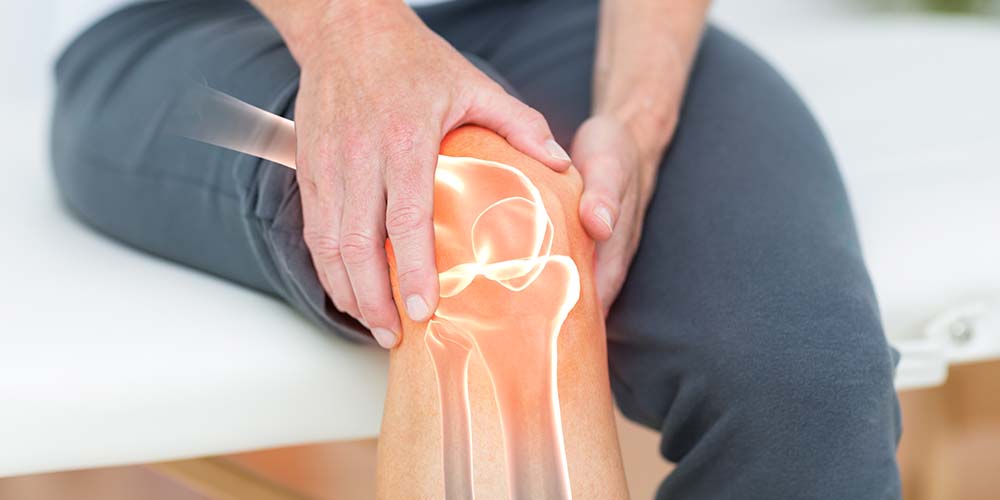
Bone & Joint Pain
Bone and joint pain occur frequently and can be easily treated by an orthopaedic specialist. Certain bones and joints are more susceptible to pain; in these cases, the pain can either be mild or require more serious attention.
Dr Seevasgath is equipped to help you manage your bone or joint pain and provide the necessary treatment if needed.
Causes of Bone Pain
Bone pain is often characterised by a deep, burning or aching sensation, but it can manifest in many different ways. Some of the most common causes of bone pain are:
- Osteoporosis
- Metastatic cancer
- Bone cancer
- Leukaemia
- Mineral deficiency
- Injuries
- Infection
Causes of joint pain
Joint pain can feel like an aching sensation or a shooting pain during activities where the joint is engaged. These pains can be mild and go away on their own, or they can indicate a more severe condition.
Joint pain is most commonly caused by injury or overuse during exercise or sport. This can lead to swelling and stiffness. Although not always serious, seeing an orthopaedic specialist for the correct treatment is ideal.
Other causes of joint pain include:
- Tendonitis
- Gout
- Bursitis
- Osteoarthritis
- Rheumatoid arthritis
- Temporomandibular joint disorder (TMJ)
- Sprains
- Infection
- Autoimmune disorders
- Joint effusion
Treating bone and joint pain
Joint pain can often be treated at home with ice or heat packs and pain medication. Dr Seevasgath will advise on the best practices after assessing the area. However, if you are experiencing redness, tenderness, inflammation and a hot feeling around the affected joint, it's essential to make an appointment with Dr Seevasgath as soon as possible.
Bone pain, on the other hand, is usually more serious and will require a proper assessment by Dr Seevasgath.
Dr Seevasgath will incorporate several tests to determine the cause of the pain, such as:
- X-rays
- CT or MRI scans
- Blood tests
- Urinalysis
- Hormone level tests
- Adrenal gland functioning
